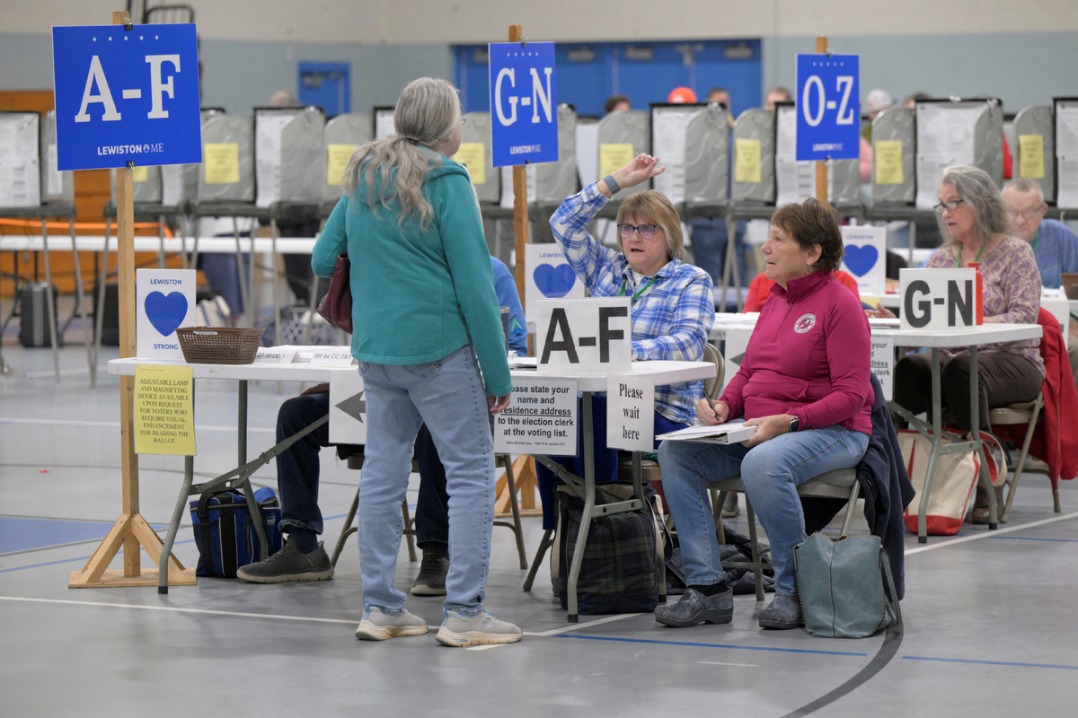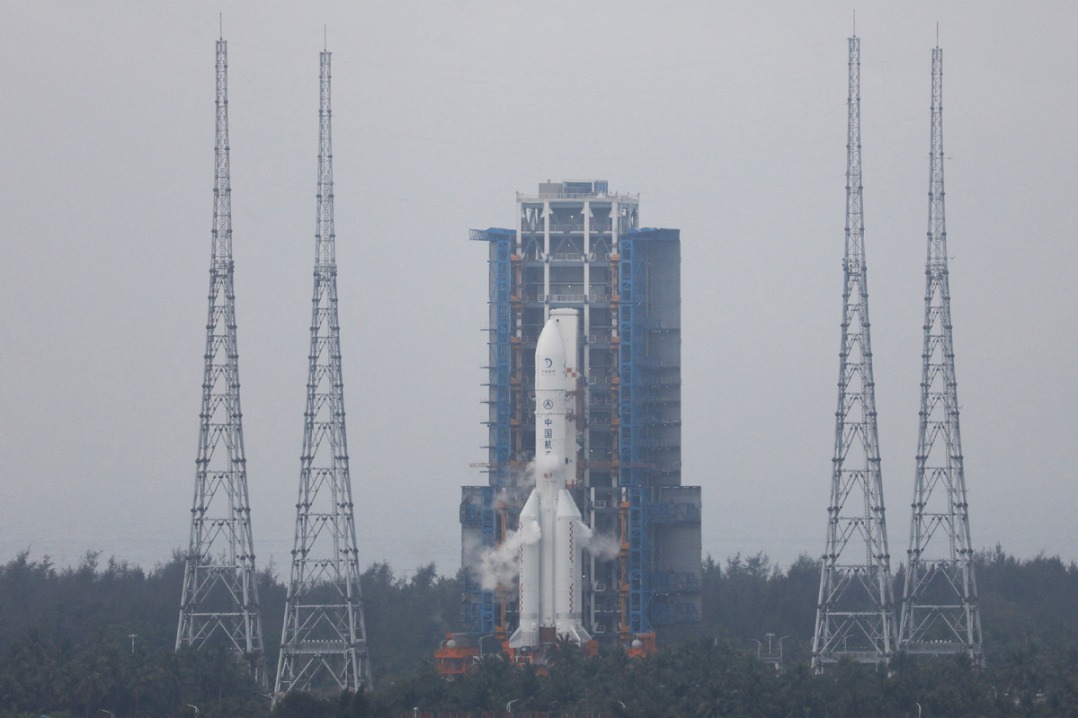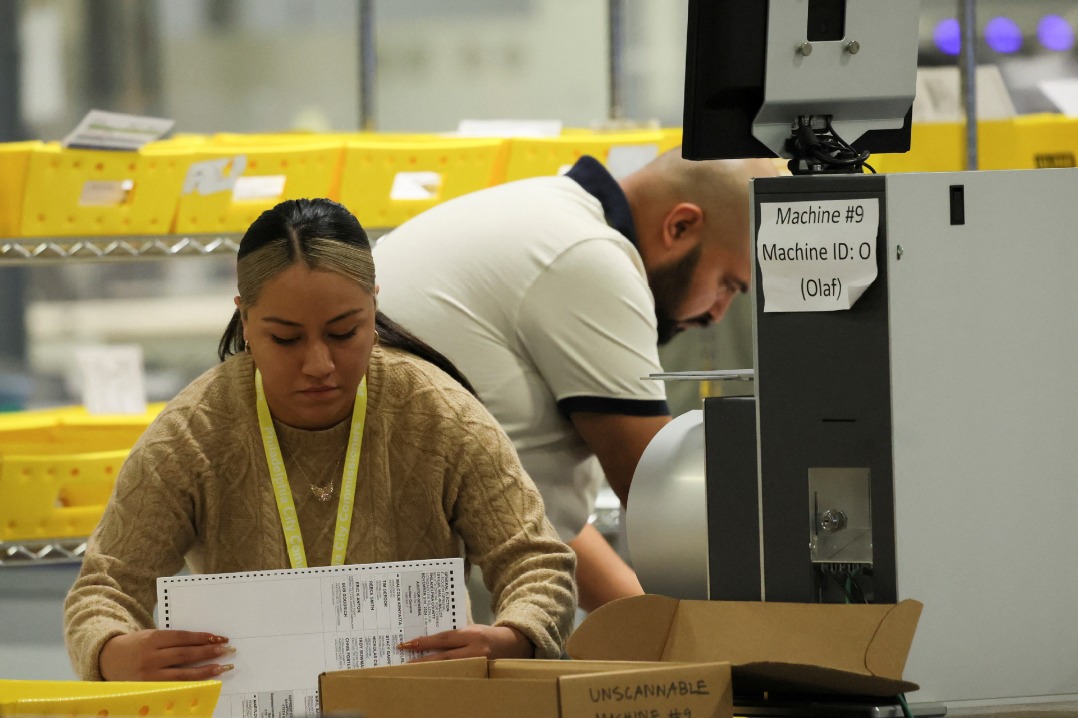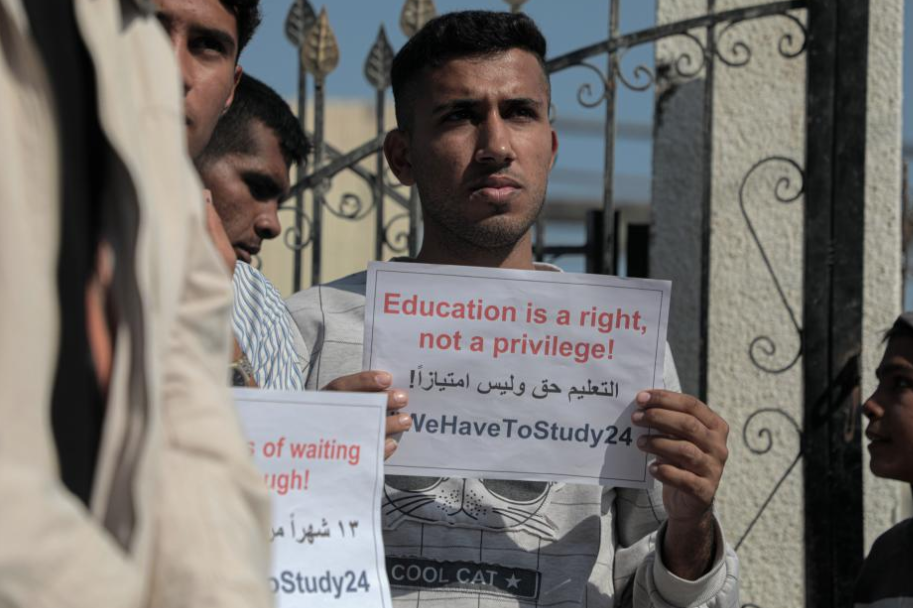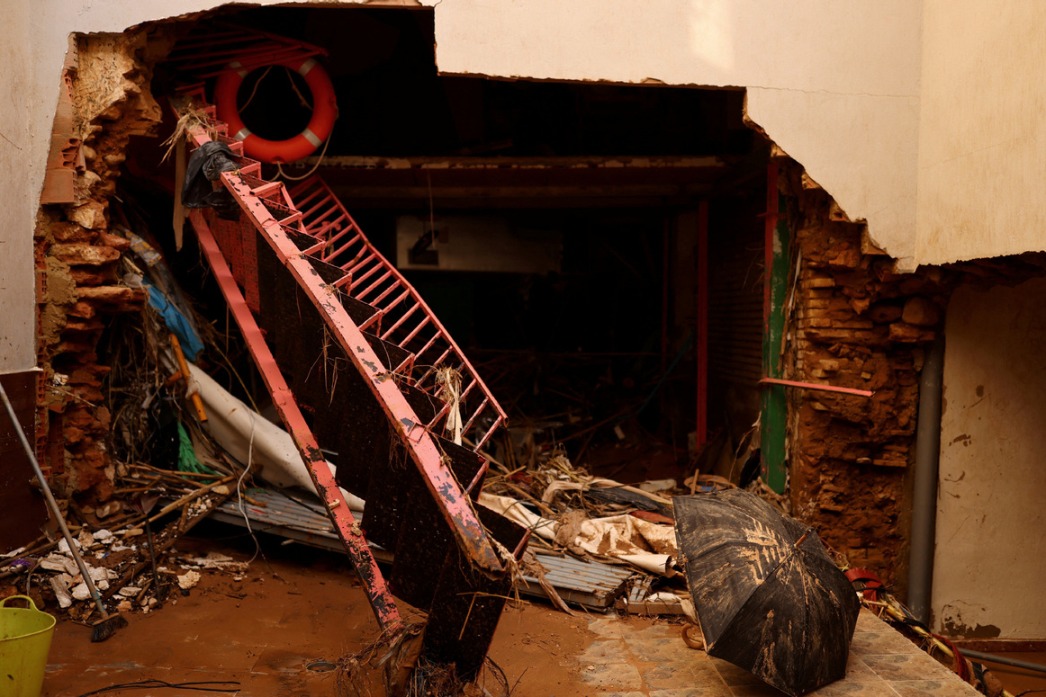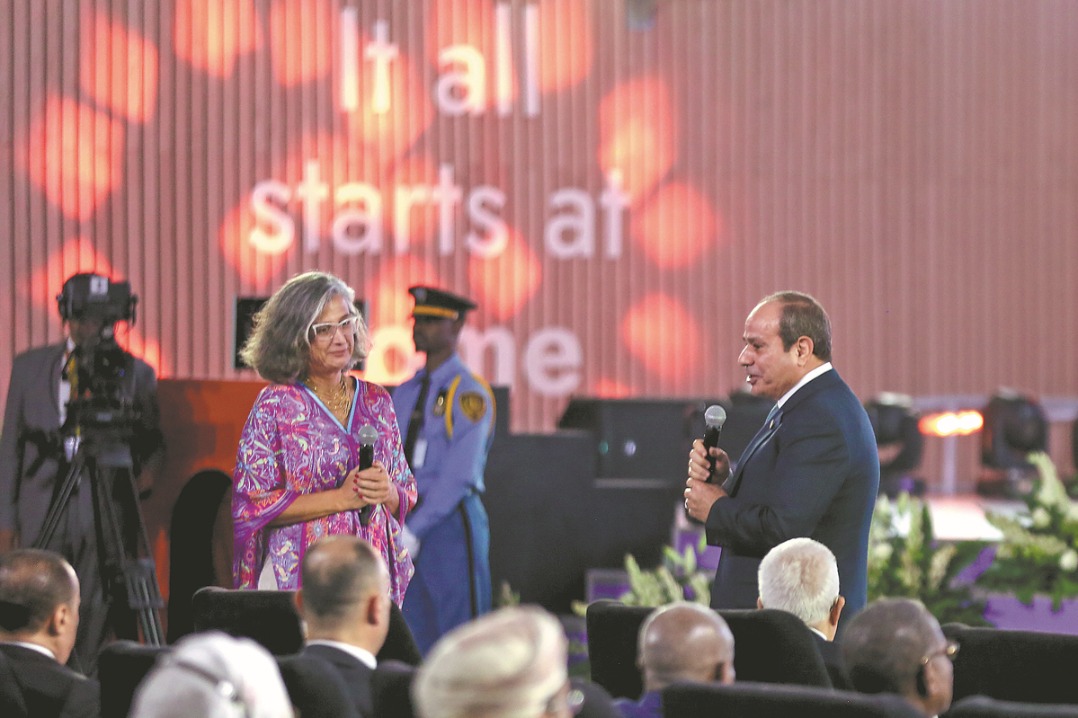Media's role important in empowering youth, Pakistani expert says


How to tap the potential of youth and make their talent flourish? Yasir Masood, a Pakistani researcher, journalist and strategic analyst of the Belt and Road Initiative, has emphasized the constructive role media organizations play in fostering understanding, engagement and collaboration among the young generation.
In 2013, Masood went on an official trip to Beijing as a visiting scholar.
He immersed himself in Chinese culture and resolved to align his life with China.
Astonished at the ancient civilization and its values, he described the journey as an adventure that "redefined his life from scratch" and decided to work on Chinese affairs.
Seeing that many people were held back from traveling abroad due to lack of opportunities, Masood proposed that media organizations could take an active part in informing the youth, developing their interests and unleashing their creative potential.
As the old saying goes: Seeking common ground while reserving differences.
Masood proposed to develop cross-cultural understanding, tolerance and collaboration within the framework of the BRI upon its ultimate goal of inclusive globalization, which could bring about new perspectives to the table and nurture long-lasting friendships and partnerships.
He quoted China Daily, the largest English language newspaper in China, as an example by saying that the paper effectively disseminated information to young people on the opportunities and benefits of the BRI.
"Youth are the engine that propels any civilization forward," he added.
Seeing the strong interaction between cultivation of the youth and use of their innovation, Masood suggested empowering youth by implementing education reform, which included ensuring their access to education, increasing vocational training and encouraging entrepreneurship.
"Young people need to be given the tools they need to become engaged participants in the development of the BRI as a result of our actions," he said.
In addition to necessary information, knowledge and skills, a qualified participant needs to be mentally well-equipped.
Every era has its own responsibilities. In an age featuring deepening digitalization and intensifying global concerns, Masood called on the young generation, frequently referred to as "digital natives", to make full use of their technological expertise and out-of-the-box thinking to find the way out of the environmental dilemma and lead the way to sustainable development.
This required not only personal endeavor, but also the investment of the government and stakeholders.
Besides material support and preferential policy on infrastructure construction and innovation programs, Masood considered it vital to provide places for free debate and youth involvement in decision-making.
He named a variety of channels catering to the interests of the youth, such as publications and social media platforms, which are the main fronts of media, as well as seminars and workshops, which can be held with the collaborative effort of media and educational institutions.
"Our youth are the future's torchbearers, and their empowerment is essential to the Belt and Road Initiative's success," he said.
Li Menghan contributed to this story.
















